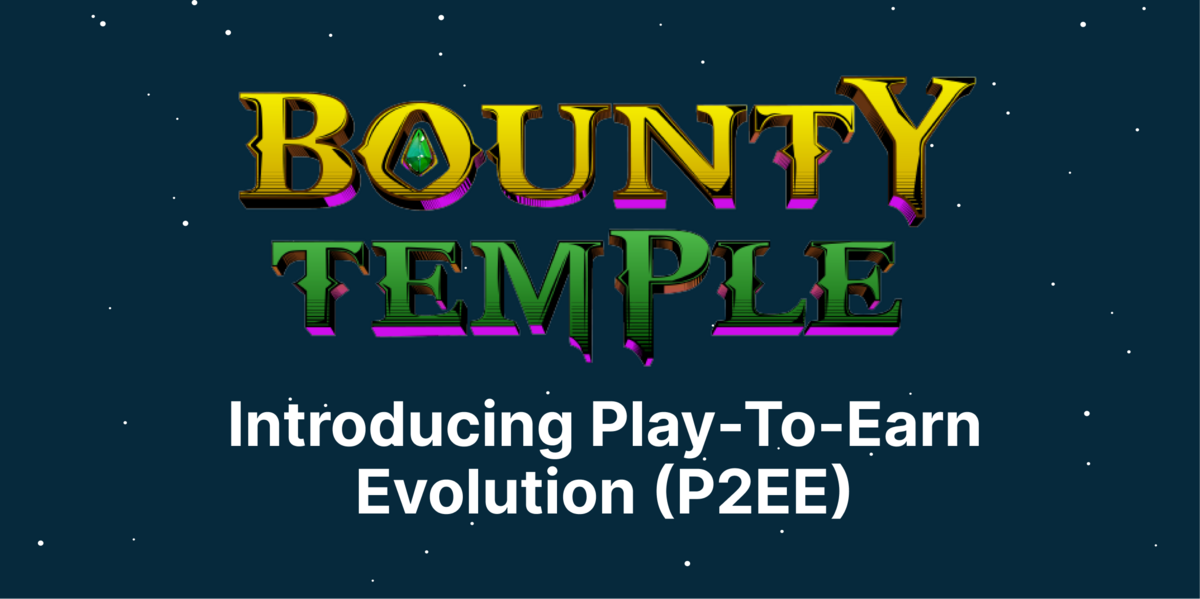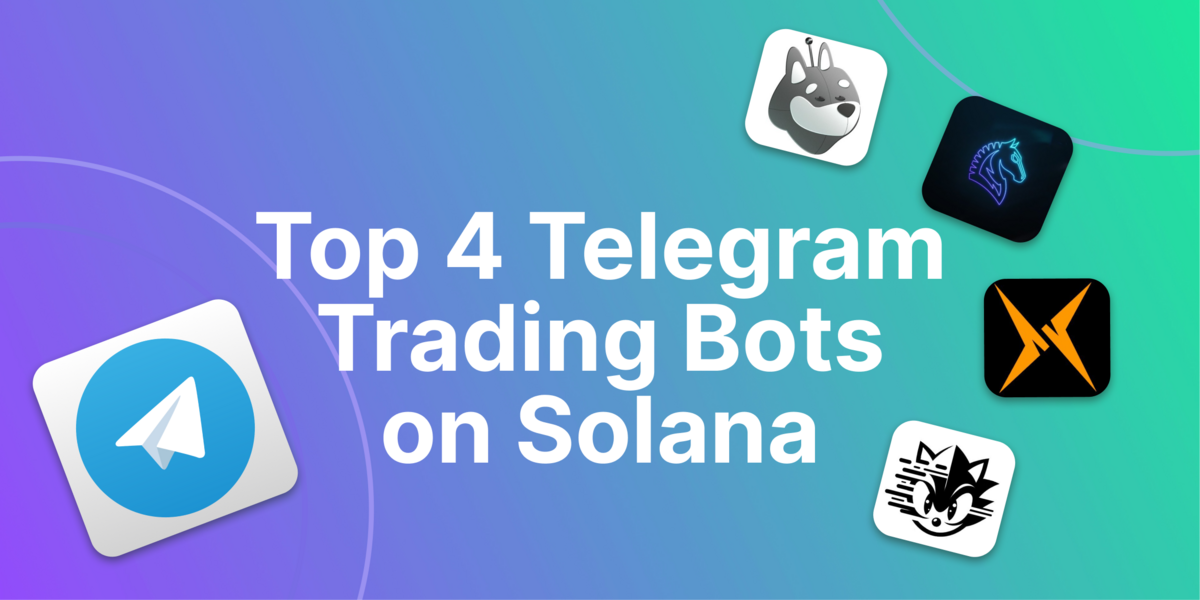Key Takeaways
-
Hashflow is a decentralized exchange optimized for interoperability, zero slippage, and MEV-protected transactions.
-
HFT is the native currency of the Hashflow ecosystem. It powers essential activities like staking, governance, and in-DAO health & rewards.
-
The Hashflow exchange facilitates bridgeless, cross-chain swapping of assets.

Automated market makers (AMMs) have immensely contributed to the growth of decentralized finance (DeFi) in the last two years. Though developers have created multiple AMM models to solve the problems plaguing them, it is a work in progress. The problems of high transaction fees, frontrunning, sandwich attacks, gas insufficiency, and regular failed transactions still need to be solved.
DeFi is meant to eliminate financial barriers and inefficiencies. Instead, trades on DeFi can be more expensive than on centralized exchanges (CEXs). Hashflow innovates within the DeFi landscape by introducing revolutionary features, like optimization for interoperability, zero slippage, and MEV-protected transactions. This article will share more about Hashflow, how request-for-quote (RFQ) works, bridgeless cross-chain swaps, HFT tokenomics, and the Hashverse.
What is Hashflow?
Hashflow is a DEX optimized for interoperability, zero slippage, and miner-extractable value (MEV)- protected transactions. It lets you trade digital assets on multiple blockchains in seconds by simply linking your web3 wallet. Hashflow transactions are free of commissions and price quotes are completed at market prices, offering you the best deal on each trade.
Most DEXs leverage automated-market-makers (AMMs) to facilitate trades. While AMMs have significantly contributed to the growth of DEXs and DeFi in general, they come with their drawbacks. AMMs face challenges like capital efficiency, pricing non-spot assets, and risks like sandwich attacks and impermanent loss.
Hashflow solves the above problems by leveraging a request-for-quote (RFQ) technique to let expert market makers control liquidity pools. The model allows traders and liquidity providers (LPs) to access advanced capital efficiency, security features, and financial products formerly impossible in DeFi.
Unlike AMMs' endless product pricing feature, Hashflow's RFQ model lets market makers discover liquidity and market prices through an off-chain pricing feature. In other words, market makers can exploit more advanced pricing methods that consider off-chain data, including previous token prices, volatility, and other market-based information, enabling them to price assets fairly.
Off-chain pricing allows traders to benefit from the following:
-
Better prices – off-chain pricing ensures fair price quotes, enabling traders to extract maximum value from transactions.
-
Zero slippage – quotes are completed at the available market prices.
-
MEV-protection – Hashflow uses cryptographic signatures, inhibiting frontrunning.
-
Bridgeless cross-chain swaps – traders can effortlessly swap tokens across networks quickly without using bridges.
How Does Hashflow Work?
The Hashflow protocol connects traders on-chain to the best cryptocurrency market makers. It does this with extremely low gas fees, a lineup of the best market makers, and efficient capital use. Besides, you don't have to trust the makers to trade against them since Hashflow supports a permissionless experience enriched with fair pricing. A maker will offer you a secure quote, which you can only accept if you like.
Image source: Hashflow
Hashflow gas fees are cheap because the protocol’s role is limited to the bare minimum. You confirm a signature and execute the trade without curves and on-chain routing.
DEXs should consistently support fairly-priced small and large transactions with composability to sustain DeFi's continued growth. Hashflow strives to actualize this idea through its RFQ pricing model. The model ensures elite market makers who trade on CEXs and Over the Counter (OTC) desks can seamlessly venture into the DeFi landscape and transact huge amounts with minimal risk. These makers can offer the much-needed liquidity prevalent in CEXs.
Bridgeless Cross-Chain Swaps
Hashflow lets users quickly swap tokens across networks without using a crypto bridge. Besides, Hashflow transactions are shielded from slippage and MEV exploits, whether they are executed on-chain or on another blockchain. Regardless of where you perform your trade, you will receive your tokens on the recipient chain you choose without any deduction of value.
The protocol leverages DeFi-native RFQs to source quotes from market makers who control liquidity in the pools. The protocol requires the makers to cryptographically confirm quotes, which remain the same during the transactions. The price-stability feature guarantees fair asset prices and prevents frontrunning and sandwich attacks. Besides, it protects users against slippage in the case of substantial price swings between the time needed to confirm the trade on the source network and transmit the information to the recipient chain.
Image source: Hashflow
These are the steps involved in a bridgeless cross-chain swap:
-
A trader makes a quote to sell 1 ETH on the Ethereum blockchain (source chain) and purchase 50 BNB on the BNB Smart Chain (destination chain).
-
A market maker sends a cryptographically signed quote to the trader.
-
The trader submits the trade on the Ethereum network with the signed quote as the payload.
-
When the transaction on the source blockchain (Ethereum) is accepted, the gateway contract prompts an activity.
-
The relayer transfers the payload to the receiving chain (BSC) and deposits BNB to the trader's account.
The process does not involve external bridges or require traders to lock their ETH on the source chain as collateral to obtain a wrapped version on the receiving blockchain. You swap any coin natively through signature-based pricing and RFQs.
HFT Tokenomics

HFT has a market cap of $85 million, a circulating supply of 175 million, and a maximum supply of 1 billion tokens. It powers the Hashflow ecosystem, including the Hashverse – Hashflow's gamified decentralized autonomous organization (DAO) and governance platform. HFT is an ERC-20 token running on the Ethereum blockchain. The token serves two specific purposes:
Governance
Hashflow's governance uses a vote-escrow (ve) token mechanism – voting rights are based on the amount of HFT tokens a user stakes and the length of the staking period. Essentially, holding HFT isn't enough. You must stake them to gain voting rights and shape the future of Hashflow. The decisions that you vote on include transaction costs, marketing campaigns, and code upgrades.
In-DAO Health and Rewards
The Hashverse is a storyverse-based, gamified DAO and governance platform. Your Hashverse health score is based on your staked tokens. You should regularly change the amount and duration of your stake to maintain a good score in the Hashverse and boost your engagement and usage. The protocol rewards the most active users, and their Hashverse presence determines whether they can redeem the rewards.
HFT Allocation
At genesis, the total HFT supply was 1 billion. The allocation of HFT tokens is as follows:
-
19.32% is allocated to Core Team
-
25.00% is allocated to Early Investors
-
2.50% is allocated to Future Hires
-
53.18% is allocated to Ecosystem Development
In Ecosystem Development, HFT is distributed to the following sub-categories:
-
18.54% is allocated to Ecosystem Partners
-
13.08% is allocated to Community Rewards
-
9.54% is allocated to Future Community Rewards
-
7.50% is allocated to Designated Market Maker Loans
-
2.52% is allocated to Vendors and Early Service Providers
-
1.00% is allocated to Community Treasury
-
1.00% is allocated to Hashverse Rewards
You can buy HFT tokens on exchanges like BKEX, Binance, Coinbase, Huobi, and Kraken. Check CoinGecko's market section to find more exchanges for trading HFT.
The Hashverse

Image source: Hashflow
The Hashverse is a revolutionary storyverse-based, gamified DAO and governance platform. It lets users stake HFT tokens, complete activities, and generate rewards to shape the future of the Hashflow ecosystem. At the center of the Hashverse is its storyverse, which was fashioned by Superconductor – a popular Hollywood-style creative media agency. The Hashverse is based in a dystopian space, integrating ancient culture with modern technology within the framework of a centuries-long battle set to reach its conclusion.
As mentioned, your Hashverse health score is based on the number of your staked HFT. Besides, you should regularly change the number and period of your staked tokens to keep a good score in the Hashverse. Hashflow regards this model as a method of increasing engagement and real usage.
Generally, the Hashverse is like a pool of HFT holders that will shape the future of the Hashflow ecosystem, but with a twist. The objective is to make governance all-encompassing in the DeFi space and enable any crypto user to participate and earn rewards, irrespective of their crypto expertise. By leveraging these features, the Hashverse offers an immersive experience for participants to solve and complete quests, gather and trade in-game items, advance their characters, and generate economic incentives while shaping the future of Hashflow.
Conclusion
At its core, Hashflow is a DEX that supports cross-chain trading. It doesn't require you to sign up or pass the verification process – you connect your web3 wallet and start using it. All Hashflow transactions are commission-free, and price quotes are completed at the available market prices, helping you to maximize your benefits from your trades. Hashflow leverages an RFQ mechanism to let expert market makers control liquidity pools. Now traders and LPs can now access better efficiency, security, and financial products in DeFi.

Josiah is a tech evangelist passionate about helping the world understand Blockchain, Crypto, NFT, DeFi, Tokenization, Fintech, and Web3 concepts. His hobbies are listening to music and playing football. Follow the author on Twitter @TechWriting001








 Or check it out in the app stores
Or check it out in the app stores
